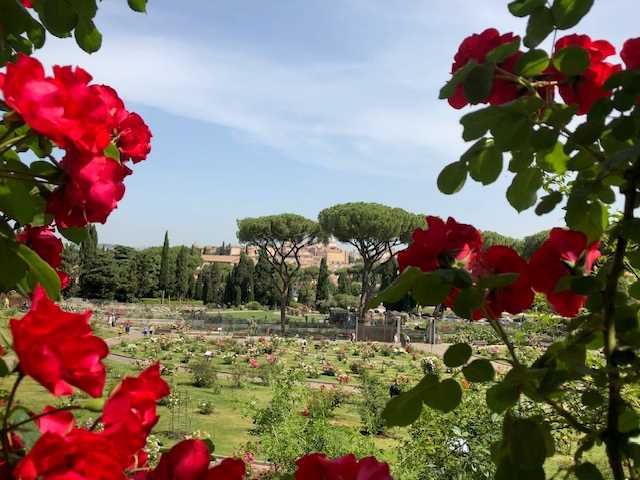
Read: Esther 1-10 (note especially Esther 2)
Now Esther was admired by all who saw her. When Esther was taken to King Ahasuerus in his royal palace in the tenth month, which is the month of Tebeth, in the seventh year of his reign, the king loved Esther more than all the other women; of all the virgins she won his favor and devotion, so that he set the royal crown on her head and made her queen instead of Vashti (Esther 2:15c-17, NRSV).
I celebrated my 35th birthday the other day. It was no big deal—just a few close friends in my private rooms at the palace. Well, they’re not completely private. Nothing ever is for a queen. But they’re the best I can do under the circumstances.
You’d be surprised at how circumscribed my life is as queen. For instance, the only men I could invite to the party were eunuchs. Fortunately, the palace eunuchs ARE some of my closest friends, so I don’t much mind that particular restriction.
Toward the end of the party, I found myself sitting out on the balcony enjoying a nightcap with Hegai. He and I go way back. In fact, he’s been watching out for me since my first days at the palace. Anyway, we were sitting out there enjoying the moonlight when Hegai looked me straight in the eye and asked, “So, do you have any regrets?”
Without a moment’s hesitation I said, “Just that I didn’t hide in the pantry of Cousin Mordecai’s house the day of the king’s dragnet.”
Even in the moonlight I could see his eyes sparkle. He raised his glass and said, “I can’t say as I blame you, my dear. But in light of everything, aren’t you at least a little glad that things turned out the way they did?”
What a question. Am I glad I didn’t get to marry the nice Jewish boy I had my eye on? Am I glad I was taken from my home and forced into marriage with a heathen king? And not just any heathen king, but Ahasuerus—who is not by any stretch of the imagination the brightest light in the harbor?
No. In a word, I am not glad about any of those things. I said as much and set down my goblet so abruptly that some of the wine sloshed out.
But you can’t pull anything over on Hegai. After this many years in charge of the king’s harem, he knows when a woman has more to say. So, he just sat there in silence and waited me out.
“Ok, fine!” I admitted at last. “I don’t regret the way God used me to save my people from Haman’s genocidal plot.”
“Well, there you go,” he replied gently. “I hope you’ll remember that on the bad days. And I hope the good days outnumber the bad ones in all the years ahead. Happy birthday, dear Esther!” With that, he knocked back the last of the wine in his goblet, bowed deeply, and backed out the door.
It may surprise you that he was so formal in his exit. But that’s the thing. Nobody touches the queen except her closest female attendants. Not even one of her oldest friends.
I sat for a long time in the moonlight after he left. To be honest, I try to avoid moments like these; there’s too much room for self-reflection. And self-reflection can slip into self-pity in an awful hurry.
Not that I’m asking for your pity. I’m a queen, after all. I never go hungry, and I’m surrounded by unimaginable luxury. But designer dresses and sumptuous banquets don’t make me any less lonely.
So, I fill my days doing as much as I can for other people. For instance, I’ve started a school for the king’s concubines. They lead a boring life, after all, and I think women’s intelligence is hugely underrated. It makes me furious when I think of all that untapped potential!
I’m also thinking about opening a counseling center for them. I’d have to do it on the quiet, of course, since Ahasuerus and his ego probably wouldn’t approve. But I’m certain Hegai would support me on it.
Why all the concern for the concubines, you ask? Well, I’ve walked a mile in their sandals, you might say. And, at the risk of “too much information,” I’m also grateful for every time they keep King Ahasuerus away from me.
Ponder: Novelist Susan Dworkin has written a contemporary re-telling of Esther’s story called The Book of Candy (Four Walls Eight Windows, 1996). At the end of the book, the protagonist imagines “poor Esther—doing life for her people.” Have you ever thought about what Esther’s life might have been like after the official end of her story in the Bible? Do you think she lived happily ever after? Why or why not?
Pray: Teach us to be faithful to you even when life doesn’t turn out the way we’d hoped.











